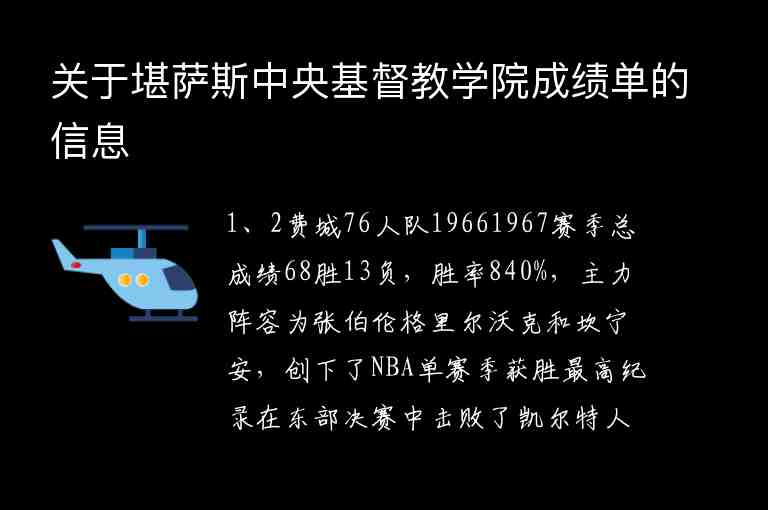一:belligerent是什么意思?用法、例句的意思
belligerent是一个形容词,表示“好战的,交战的”,也可以指“参战国”。在这个词中,belliger-来自拉丁语bellum,意为“战争”,-gerent则来自拉丁语gerere,意为“进行”。因此,belligerent可以理解为“进行战争的”。
二:怎么读(音标)
belligerent的音标为/bəˈlɪdʒərənt/。
三:用法
1. 作为形容词,常用于描述人或具有好斗、挑衅或敌对的态度。
2. 也可用作名词,指参与战争的或组织。
四:例句1-5句且中英对照
1. The two belligerent countries have been at war for over a decade.
这两个交战已经打了十多年的仗。
2. The belligerent tone of his speech provoked a heated argument.
他言辞激烈的演讲引发了一场激烈的争论。
3. The belligerents finally reached a ceasefire agreement.
交战双方最终达成了停火协议。
4. The belligerent attitude of the new leader has caused tension with neighboring countries.
新好斗的态度引发了与邻国的紧张关系。
5. The belligerent nations were forced to attend the peace conference.
参战国被迫参加和平。
五:同义词及用法
1. aggressive:形容人或行为具有攻击性,常带有负面含义。
2. combative:形容人具有好斗的性格,常用于描述或体育比赛。
3. ile:形容人或行为具有敌对的态度,常指对立的双方。
4. pugnacious:形容人好斗、爱争吵,含贬义。
5. militant:指参与战斗或斗争的人,常用于上。
六:编辑总结
belligerent一词通常用来描述具有好战、挑衅或敌对态度的人或。它可以作为形容词或名词使用,在不同场合都能表达出强烈的战争意味。除了以上提到的同义词外,还可以根据语境使用其他近义词如martial(的)、warlike(好战的)、bellicose(好战的)等。在写作中,我们应该注意belligerent一词带有强烈的负面含义,因此在使用时要谨慎选择,并结合语境恰当使用。


